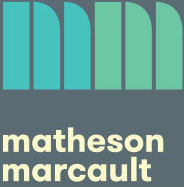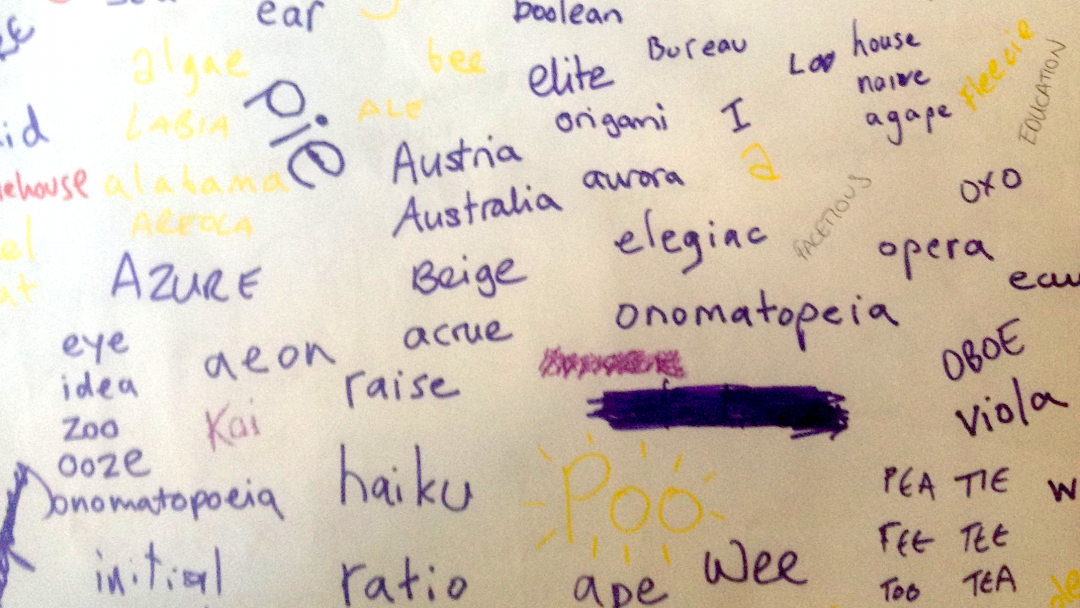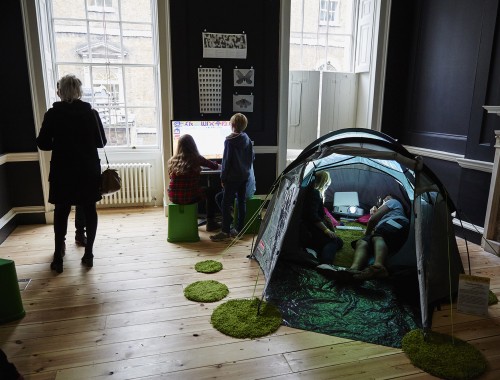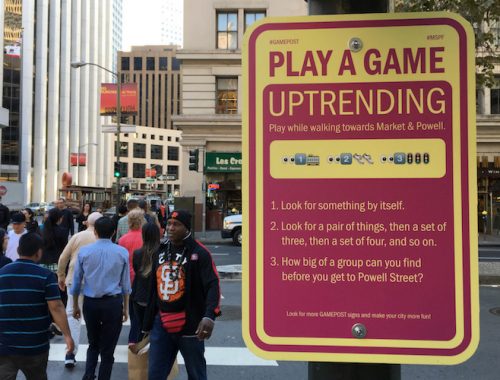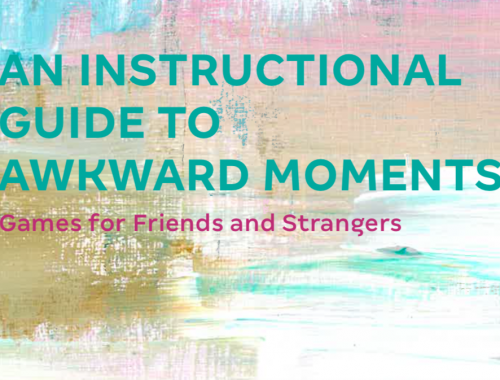At Now Play This last year, we ran a game called Woodlouse (created by Jake Simpson and Pete Morrish). To play Woodlouse, you think of words (like “woodlouse”) that have more vowels than consonants. That’s it. If a word qualifies, it’s “a woodlouse”.
When we ran the game, we had a big piece of paper with some marker pens nearby. We put instructions out, and I wrote up a few sample words (in different coloured pens, with an unconvincing attempt at faking different handwriting styles). Then we invited people to write up any woodlouses they could think of.
We had about 12 big sheets of paper and switched them out over the course of the weekend, whenever one got filled up. This means we had quite a lot of repeat words, of course – things that were written on one sheet and then on the next by people who didn’t know they’d already been added.
Some words got written up a few times – not always the words you’d expect. For example:
- ocean
- airier
- quinoa
- matinee
- onomatopoeia
- anemone
- release
- mouse
- seize
- bee
- beekeeper
- ouija
- oatmeal
- see
- area
- heroine
- elevate
And one word was written on every single piece of paper. That word was:
- boobies
In a way, that’s not surprising. Game design has the term TTP or TTC, right? Time To Penis: the amount of time it will take, in any game which allows it, for someone to make a big ol’ penis. Received wisdom is that TTP tends very very low. Game designers like to talk about TTP because it’s kinda funny, and also in some ways a genuinely useful concept in planning a game or an event.
But the key phrase in that definition above isn’t “big ol’ penis”: it’s the phrase “in any game which allows it”. The question isn’t: can you be rude? It’s: do the affordances and the rules of the game mean that you can be rude while remaining in-game?
Notably, nobody wrote “penis” on our Woodlouse pages, for the really very good reason that “penis” isn’t a woodlouse.
The thrill of making a penis in a game isn’t the thrill of arbitrary vandalism or a tiny rudeness. It’s the thrill of using the system of the game to do something that’s rude, whether that’s something the game intends or not. If you’ve got an art-making game or a building game then, yes! One of the things people will try to draw or build is a penis. But you probably don’t need to worry that people are just going to arbitrarily scrawl anatomical diagrams on random walls at a games event – or at least, not more than they would at any other event.
TTP is about using a system against itself, about finding a permitted transgression. It’s the joy of a game system making it okay to do something that otherwise wouldn’t be allowed. It’s the feeling of being supported by the game in your illicit acts – like the thrill of Werewolf and Spyfall and The Resistance when they reward you for fooling your friends and betraying them cruelly.
And TTP stops being a useful concept if it’s just a hur-hur-penises joke. The truth it’s getting at is: a lot of people love it when game rules give them an opportunity to do something that would usually be transgressive – when the game enables a behaviour that social norms often limit.
Sometimes this can be a real problem. When people play a game and the rules allow pushing and shoving, not everyone will have the same sense of how far this enables you to step beyond the normal social limits of hey, don’t push and shove. As a game design tool, this thrill can be used to encourage bullying or racism or mockery of passers-by or climbing on dangerous bridges, any number of cruel or ill-advised actions – and it can provide a ready-built defence of “it’s just a game” that can make those actions feel difficult to object to. It can be hard to object to something based on normal social rules, because the game has made new rules to supplant them.
And sometimes it can be a glorious thing – transgression as a thrill in its own right, and people’s attraction to that thrill as a way to explore a game design space that sets aside some of the usual limitations on how people interact with each other.
But it’s not about the penises. The penises are a distraction. And – if you think about it, “TTP” could just as easily be phrased as, say, “time to vandalism”, right? Calling it TTP is a way to bring penises into a professional conversation, to be just a little bit rude in an okay way because hey: you’re only talking about game design. “TTP” the phrase is just another example of TTP the human tendency.
